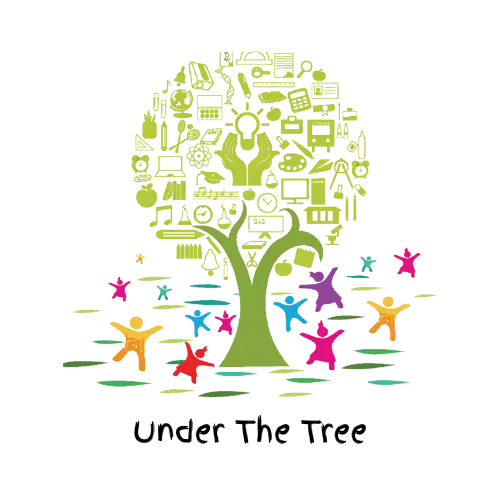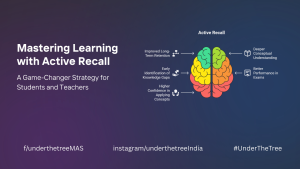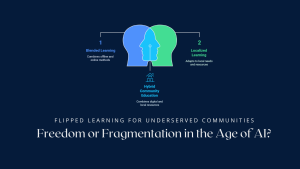India was once the cradle of original thought, a land where scholars gifted the world the concept of zero, developed intricate mathematical and philosophical systems, and fostered a culture of intellectual exploration. Today, however, our education system often churns out students well-versed in theory but poorly equipped in application. The joy of learning—once intrinsic to the Indian way—has been eclipsed by rote memorization, exam-centric pedagogy, and a lack of critical inquiry.
It’s time to rediscover the joy of learning and rebuild an education system that empowers students not just to know, but to think, apply, and innovate.
The Problem: Knowledge Without Context
In most Indian schools, especially at the secondary and higher secondary levels, education remains heavily theoretical. A physics student may memorize formulas, a computer science student may recite code syntax, and a history student may learn dates and names by heart—but few truly understand how this knowledge applies to real life.
This detachment from practicality has long-term consequences:
- Students struggle with creativity and problem-solving.
- Graduates are often unprepared for research or industry challenges.
- Innovation and original thinking are stifled at the grassroots.
Why has this happened? In part, our colonial legacy embedded a system focused on compliance rather than curiosity—producing clerks, not creators. Over time, we replaced the joy of learning with the fear of failing exams.
A Lost Legacy of Thought
India has not always been this way. Ancient Indian learning systems—whether in the form of Gurukuls, Tols, or pathshalas—emphasized questioning, discussion, and practical knowledge. The students of Nalanda and Takshashila didn’t just memorize texts—they explored logic, medicine, mathematics, astronomy, politics, and even fine arts in a deeply integrative and applied manner.
We were a nation that pioneered:
- The decimal system
- Algebra and trigonometry
- Metallurgy and Ayurveda
- Foundational concepts in grammar and linguistics
- Rich philosophical traditions of debate and dialogue
But in the last 600–800 years, the colonization of our mind has been perhaps more damaging than colonization of land. We’ve grown increasingly reliant on Western thinkers and frameworks, quoting their insights while forgetting our own. Our textbooks often revere Western philosophers, ignoring the profound wisdom of Indian thought systems.
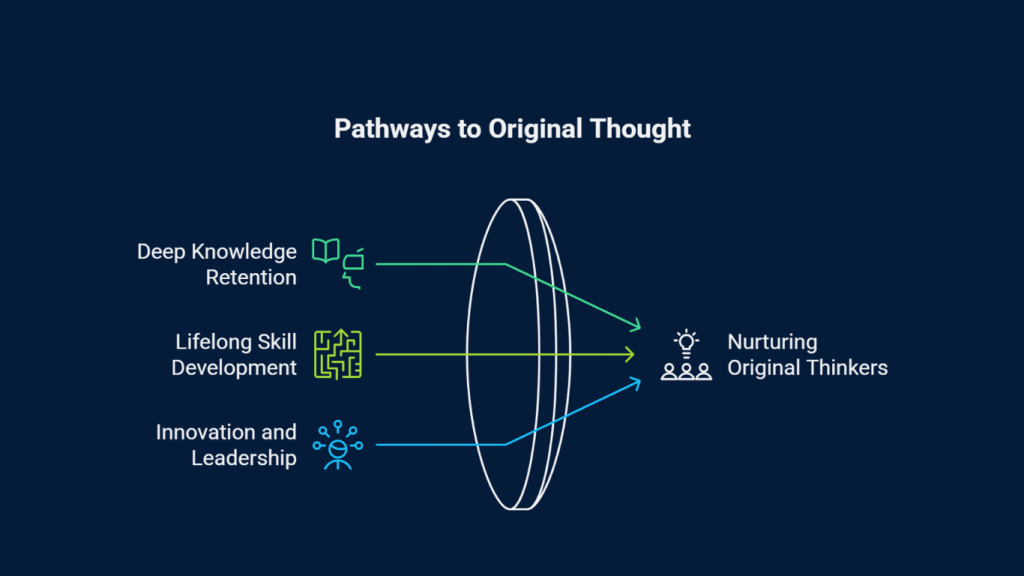
Why the Joy of Learning Matters
The joy of learning is not just an emotional experience—it is a powerful pedagogical tool. When students are engaged, curious, and free to explore:
- They retain knowledge more deeply.
- They develop lifelong skills such as reasoning, empathy, and resilience.
- They become innovators, leaders, and changemakers.
A learning environment that encourages curiosity and allows students to make mistakes, ask questions, and experiment is essential for nurturing original thinkers.
What Needs to Change?
To truly revive the joy of learning, we must fundamentally reimagine our education system:
1. Shift from Rote to Reflective Learning
Replace rote memorization with inquiry-based learning. Let students explore “why” before “what.” Encourage them to question theories, challenge assumptions, and find alternative solutions.
2. Integrate Practical Applications
Make every subject relevant. For example:
- Teach algebra through everyday scenarios like budgeting or construction.
- Let science be taught through hands-on experiments, not just diagrams.
- Encourage coding by building simple apps, games, or websites.
3. Nurture Critical and Original Thinking
Introduce interdisciplinary learning, debates, and open-ended projects. Teach children how to think—not what to think. Let them read and critique both Indian and global thinkers.
4. Empower Teachers as Facilitators
Invest in teacher training to shift from traditional lecturing to mentorship roles. Teachers should guide exploration rather than dictate outcomes.
5. Celebrate Indian Knowledge Systems
Include Indian philosophers, scientists, mathematicians, and artists in mainstream curricula. Teach the value of original contributions—past and present.
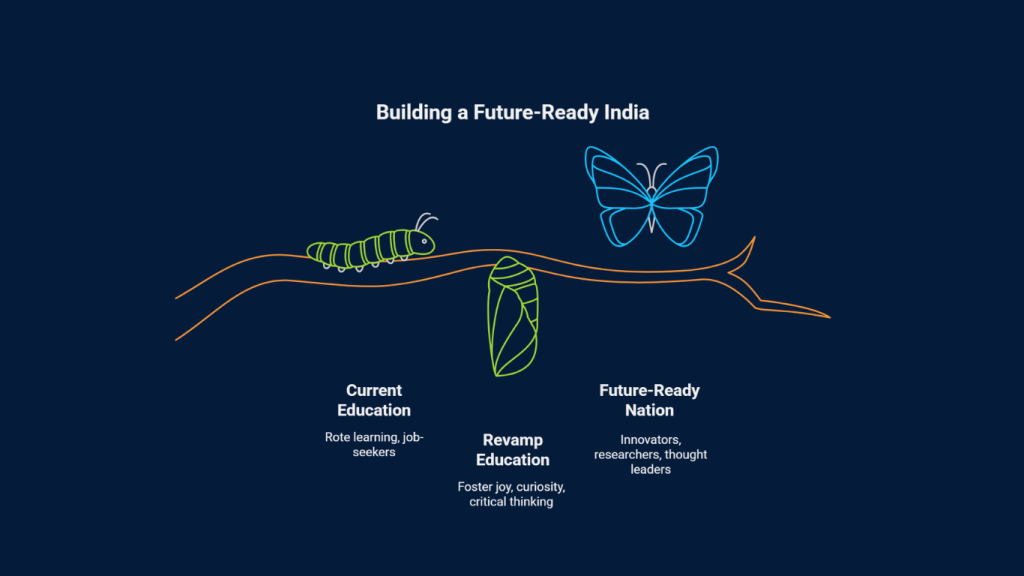
A Vision for the Future
India is home to one of the youngest populations in the world. If we can revamp our education system to foster joy, curiosity, and critical thinking, we don’t just create job-seekers—we build innovators, researchers, entrepreneurs, and thought leaders.
The joy of learning isn’t a luxury—it’s a necessity for a future-ready nation. It’s time we move beyond the textbook and into the real world of ideas, applications, and innovation.
Let us once again become a nation of original thinkers.
Call to Action
Let’s reimagine Indian education not as a race to the top, but as a journey inward and outward—a path that leads to self-awareness, practical competence, and societal contribution. The future belongs to nations that can think for themselves. India must rise by rediscovering its own spirit of learning.
#JoyOfLearning #IndianEducationReform #ThinkNotMemorize #EducationForInnovation #FutureReadyIndia
